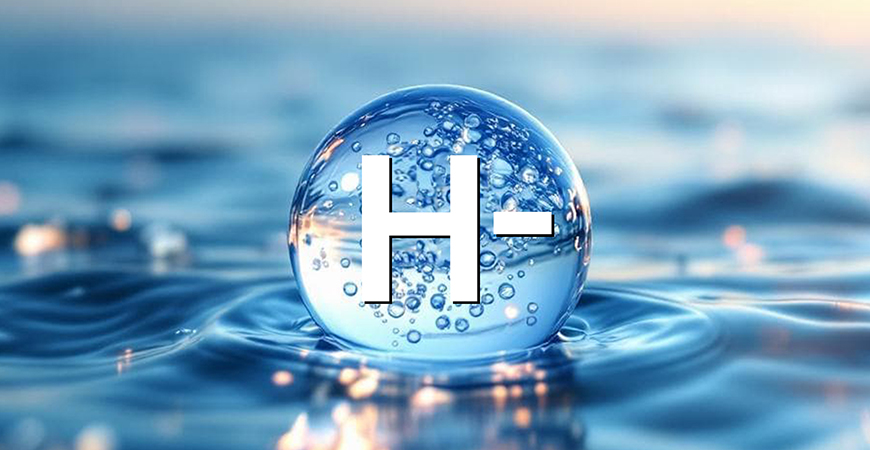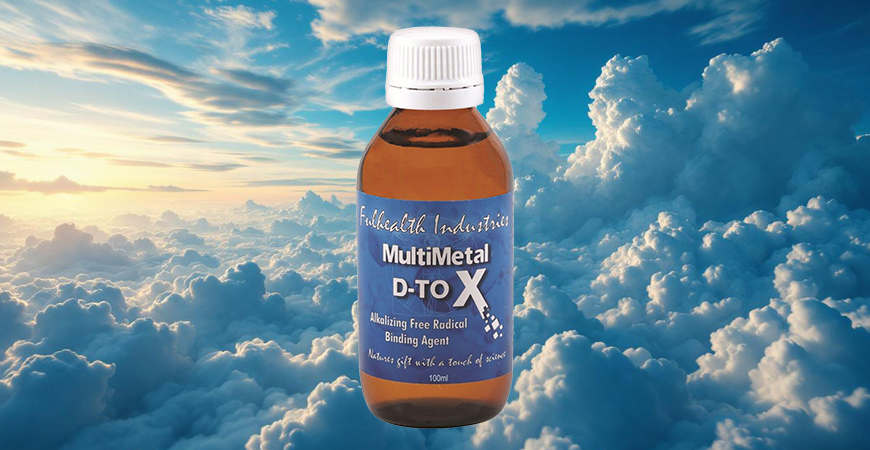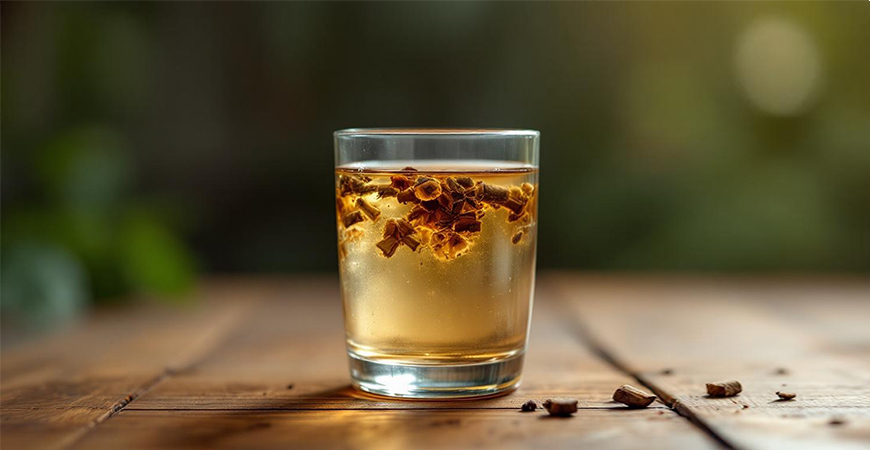What Are The Lungs?
Located within your chest cavity, the lungs are paired organs in the chest that perform a blood oxygenation process called respiration and produce components (platelets) crucial for blood health.
All of us have two lungs and each adult lung is between 25cm/10 and 30cm/12 long.
The lungs are made of a spongy, elastic tissue that stretches and constricts as you breathe.
Your lungs primary purpose is to take in oxygen from the air you breathe in and every day you take in about 23,000 breaths which bring in around 9500 litres of air.
With each breath, your lungs add fresh oxygen to your blood, which then carries it to your cells.
The lungs also help regulate the concentration of hydrogen ion (your pH levels) and help remove carbon dioxide (a waste gas for the human body but food for the trees) from your body.
How Do the Lungs Work?
With every inhalation, air streams in through your nose (or mouth) and travels down your windpipe, where it splits into the bronchi.
Each breath follows this path until, at last, the air lands deep inside the lungs.
What happens next is the absorption of oxygen, a life-giving fuel.
At the same time, your lungs expel used gas (carbon dioxide), back the way the air came in.
Oxygen in; carbon dioxide out.
Every cell in your body depends on this exchange.
Keeping your body alive, the lungs never stop even while you sleep.
How Do The Lungs Push Air In and Out So Smoothly?
It’s all about muscles working together and simple mechanics.
Your diaphragm (the body’s biggest respiratory muscle) drops downward to make space in your chest, so air rushes into your lungs.
When you breathe out, the diaphragm moves up and squeezes the lungs, forcing air back out.
In. Out. All day. It’s as basic as it gets, but as necessary as water.
The Role of Alveoli in Gas Exchange
This process of receiving oxygen and removing carbon dioxide is called gas exchange.
- The airways that bring air into the lungs (the trachea and bronchi) are made of smooth muscle and cartilage, allowing the airways to constrict and expand.
- The lungs and airways bring in fresh, oxygen-enriched air and expel waste called carbon dioxide that is made by your cells.
- The average sized lungs hold approximately 2000c.c of air.
- During normal respiration, the lungs breathe-in and breathe-out about 500c.c of air.
Deep inside your lungs, millions of tiny bubbles wait called the alveoli.
Imagine clusters of grapes, all packed together with each one being a mini-exchange centre where the real work happens.
Alveoli pull oxygen right out of the air, passing it into the blood—fast, efficient.
At the same time, the alveoli scoop up waste gas from your blood to send back out when you breathe.
Their walls are thin but strong, lined with tiny blood vessels called capillaries.
The contact is so close you could almost feel the oxygen swap places with carbon dioxide, faster than you can blink.
Without healthy alveoli, your body can’t get the oxygen it needs. It’s that simple.
Common Causes of Lung Decline
Dehydration, exposure to toxins and pollutants and inadequate nutrition, are the biggest and most obvious.
It’s estimated the after the early twenties, lung function declines about 1 percent a year over the rest of a person’s lifetime or 10% every decade over the age of 30.
It is for this reason alone that one is well advised to familiarise themselves with the TriBreath techniques.
With lung function normally peaking in the late teens and early twenties, and it being estimated we lose 10% of our lung capacity for every decade over the age of 50, best use it or lose it!
Learning how to access both upper and lower lung performance whilst utilising the most powerful of the respiratory muscles, the diaphragm, is definitely in your best interests if living potently is your goal.
Unfortunately, in professions where breathing in pollutants or smoking is the norm, you can expect this decrease in lung health to increase by many more percent each year.
Paying attention to your lungs isn’t complicated.
Practice listening to your body.
Focus on the breath every day and remember: your lungs are more than just two organs—they’re your link to every sunrise, every laugh, every moment.



